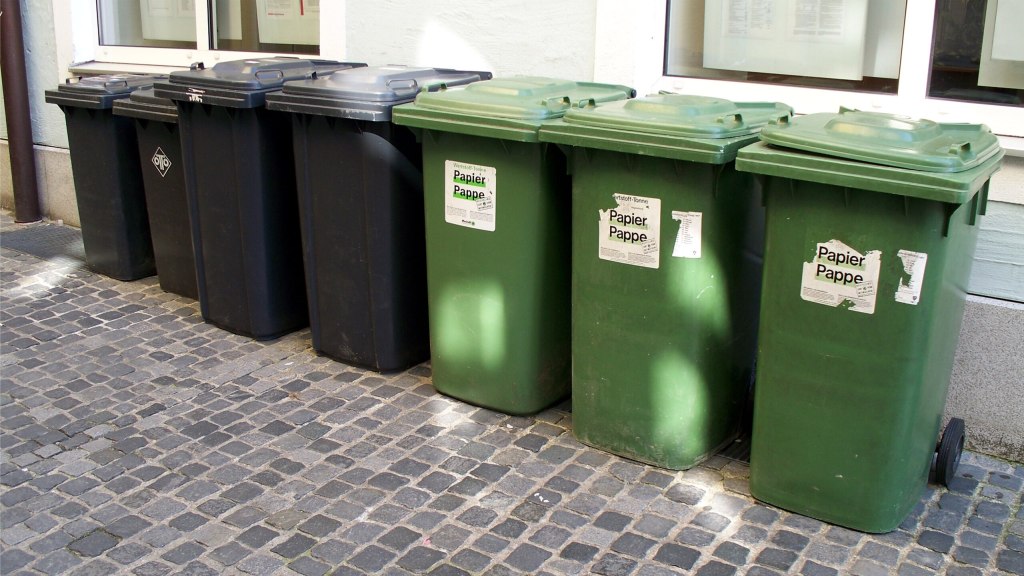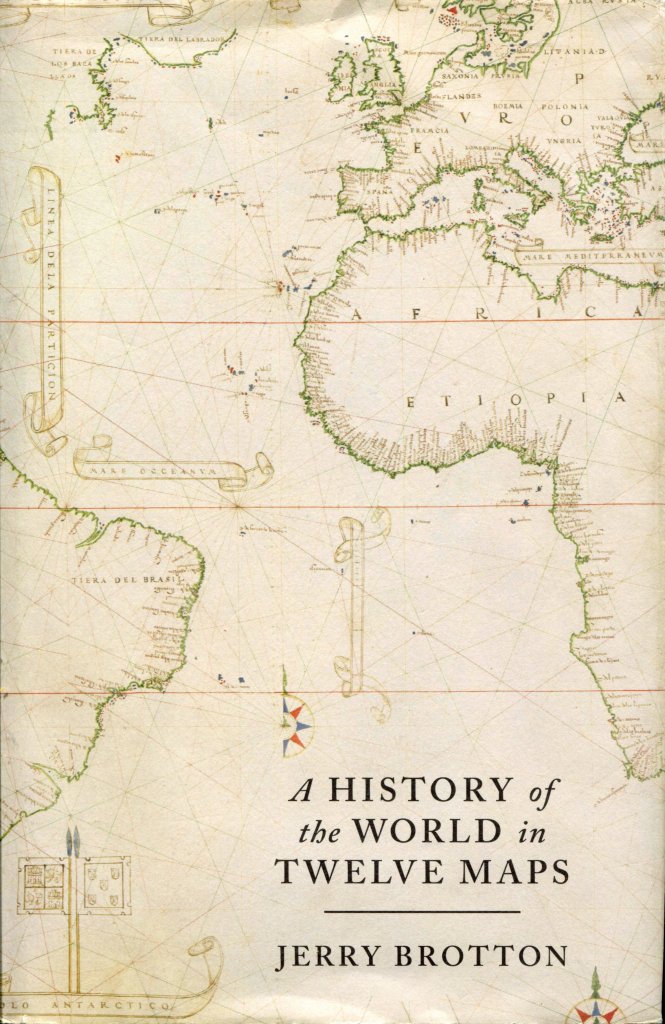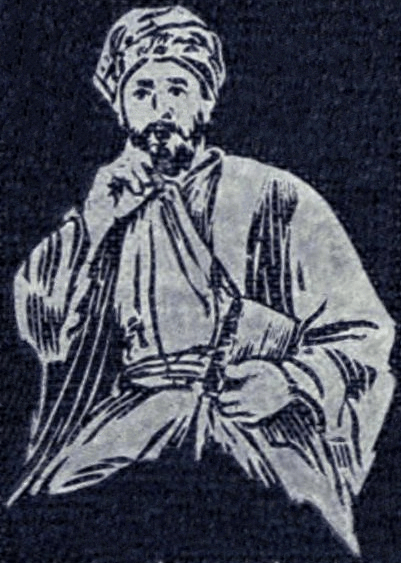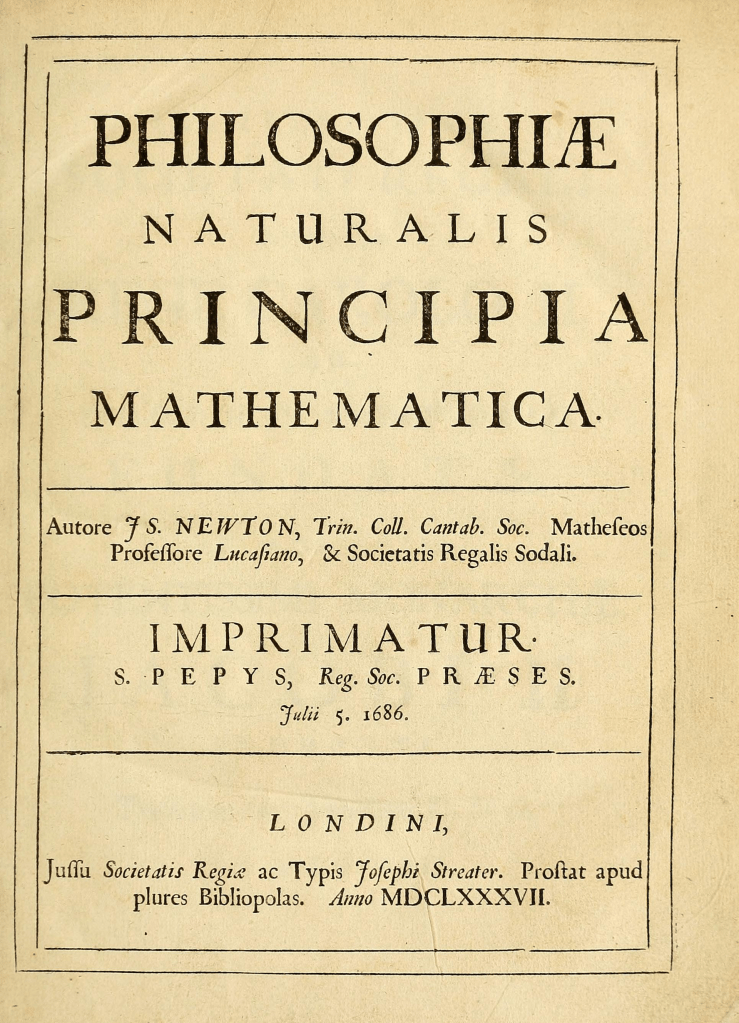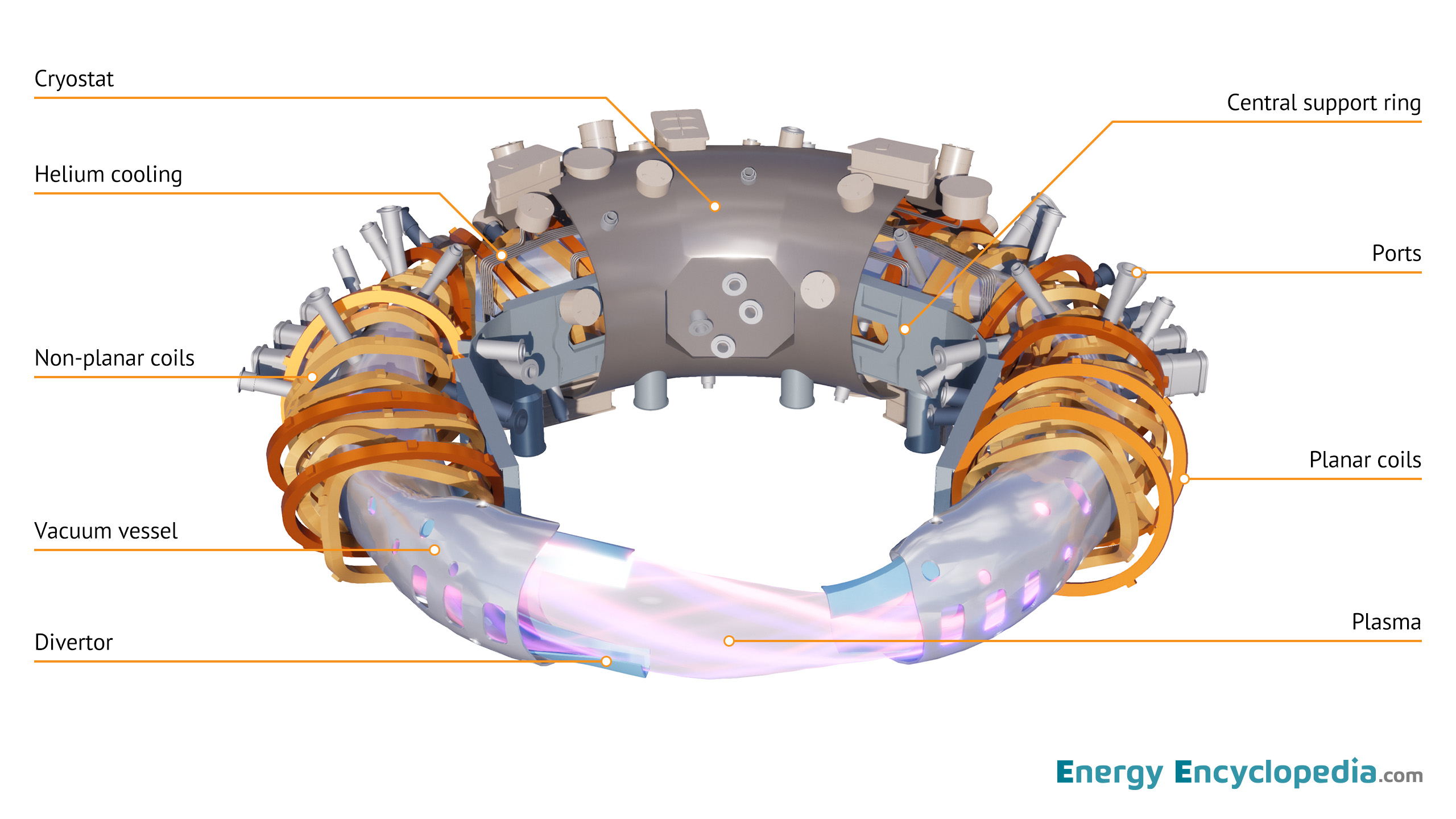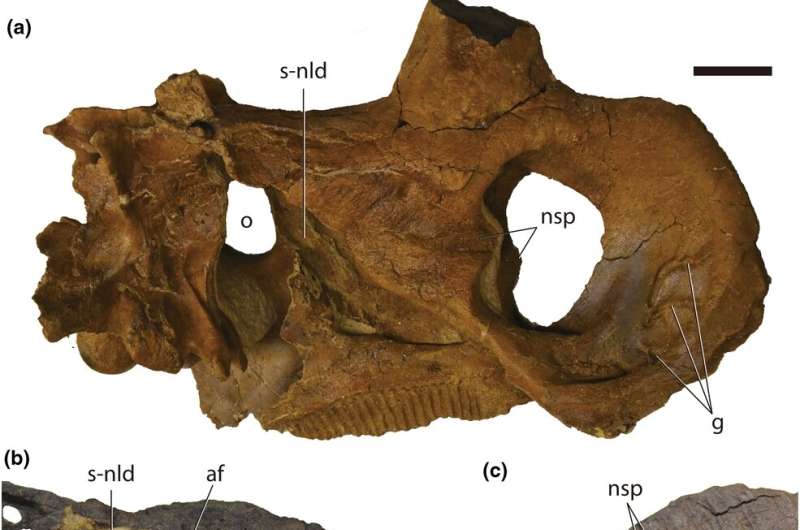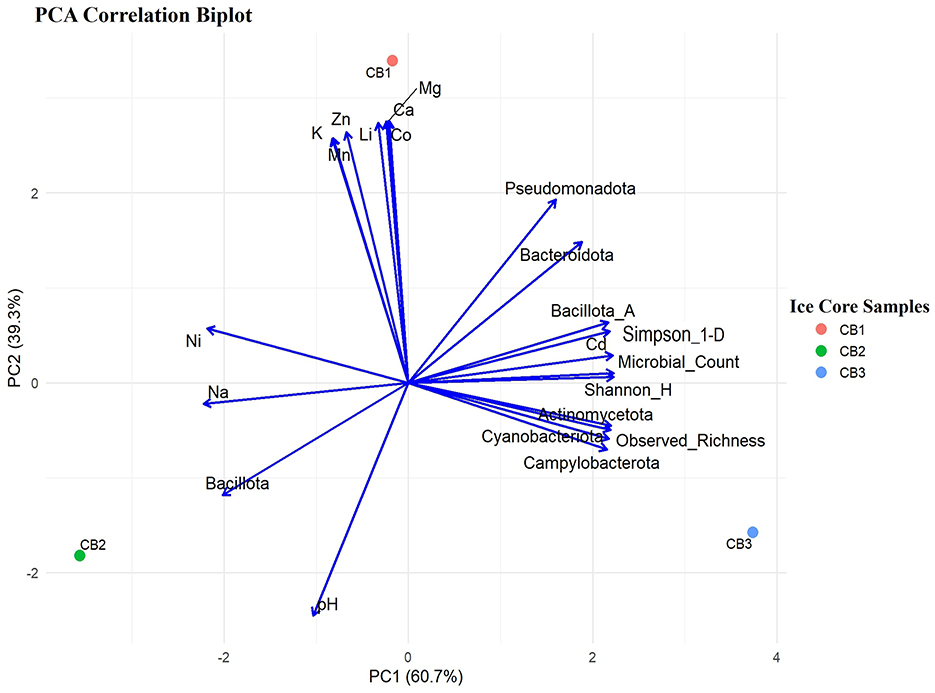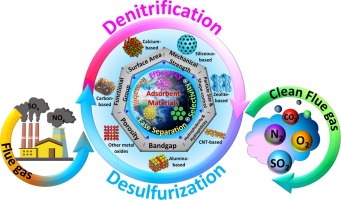Throughout my life, the wheelie bin has transformed into the typical container for discarding household waste. With their ample capacity and ease of maintenance, these bins present a relatively sanitary choice. Their design also streamlines and decreases the expenses of collections for municipal services, necessitating only one garbage truck and one operator. On collection days, […]
Read More